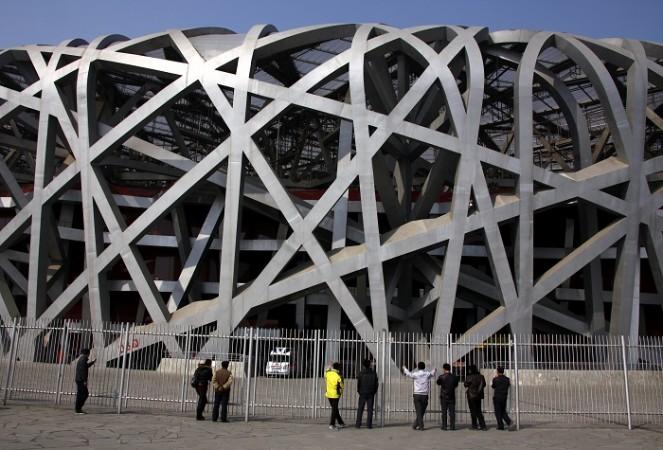
The International Olympic Committee (IOC) has announced that 31 athletes from 12 countries, across six different sports, have tested positive for banned substances, putting their availability for the Rio Olympics in jeopardy. IOC retested 454 urine samples from the Beijing Games back in 2008, with several of them coming back positive. The Committee will also reveal the result of 250 retrospective tests from the London Olympics 2012 later this month.
IOC retested 454 urine samples from the Beijing Olympics in 2008, using new techniques, which were not available during that time. IOC's prime targets were those who will be participating in the upcoming Rio Games, which is scheduled to start from August 5. Seven percent of the total tests came back positive.
Meanwhile, Russia could be in further trouble as IOC is expecting a number of Russian athletes in the revealed list of 31 individuals. Russian sports minister Vitaly Mutko, had stated few days ago that athletes from his country are innocent and they have nothing to do with doping, as they do not entertain any kind of doping. A recent revelation from WADA also proved that Russia had the most number of doping offenders in 2014.
Russian athletes have already been banned from participating in any form of international competitions. As of now, International Association of Athletics Federation (IAAF) will take a call on Russia's chance of participating in the forthcoming Rio Games in August.
However, IOC will not reveal the names of these 31 athletes until they get their hands on the 'B' samples and test them. The process is expected to get over before the Rio Olympics 2016.
"The retests from Beijing and London and the measures we are taking following the worrying allegations against the laboratory in Sochi are another major step to protect the clean athletes irrespective of any sport or any nation," IOC president Thomas Bach was quoted as saying by The Guardian.
"We keep samples for 10 years so that the cheats know that they can never rest. By stopping so many doped athletes from participating in Rio we are showing once more our determination to protect the integrity of the Olympic competitions, including the Rio anti-doping laboratory."



!['He is done with the team now' : Angry Virat Kohli slams the bat, kicks the ground, yells at RCB team as SRH smashes runs [reactions] 'He is done with the team now' : Angry Virat Kohli slams the bat, kicks the ground, yells at RCB team as SRH smashes runs [reactions]](https://data1.ibtimes.co.in/en/full/796956/he-done-team-now-angry-virat-kohli-slams-bat-kicks-ground-yells-rcb-team-srh-smashes.jpg?w=220&h=135&l=50&t=40)











!['He is done with the team now' : Angry Virat Kohli slams the bat, kicks the ground, yells at RCB team as SRH smashes runs [reactions]](https://data1.ibtimes.co.in/en/full/796956/he-done-team-now-angry-virat-kohli-slams-bat-kicks-ground-yells-rcb-team-srh-smashes.jpg?w=220&h=135)

